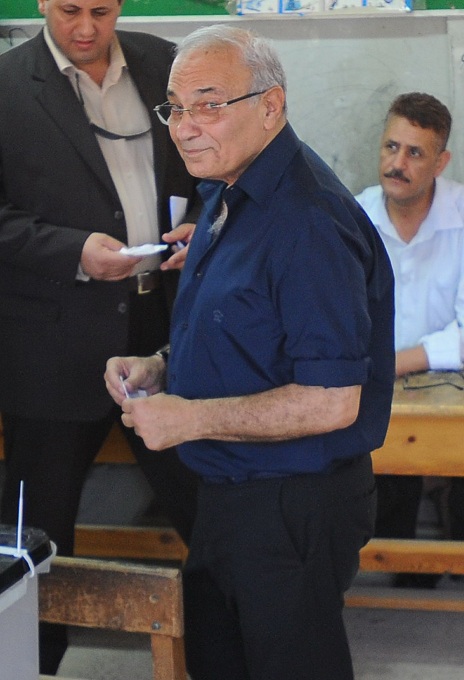Egypt’s Minister of Planning, Economic Development, and International Cooperation Rania Al-Mashat warned Tuesday that a decline in financial space for energy investments in the Global South is hindering progress toward achieving the United Nations Sustainable Development Goals.
Al-Mashat delivered her message during a meeting of the Global Energy Alliance for People and the Planet (GEAPP) Leadership Council, held in New York. The meeting included representatives from the World Bank, the African Development Bank, the Rockefeller Foundation, the Bezos Earth Fund, and other international institutions.
The meeting aimed to identify actions to accelerate the achievement of SDG 7, which focuses on clean and affordable energy. This includes committing the World Bank and the African Development Bank to provide electricity to 300 million people in Africa by 2030, as well as outlining mechanisms to expand energy access in other regions.
Al-Mashat highlighted the disparities in energy transition efforts, pointing out that the Global South receives less than 15% of investments in clean energy, despite accounting for 65% of the world’s population. She emphasised that this situation complicates efforts to attract the necessary funding for a clean energy transition.
“The situation is particularly dire in Sub-Saharan Africa, where annual investments in renewable energy and network expansion reached approximately $20bn in 2023 — only one-fifth of the required annual value of around $100bn from 2024 to 2030,” Al-Mashat said.
She attributed the shortfall to investments being concentrated in advanced economies and China, creating a significant investment gap that hinders growth in developing countries.
Al-Mashat reviewed Egypt’s efforts towards a clean energy transition, highlighting structural reforms designed to encourage private investments and the launch of the “NWFE” program, which aims to support energy transition efforts in Egypt under the umbrella of the National Climate Change Strategy 2050.
“Countries in the Global South are already facing an increasing investment gap in sustainable energy, making it challenging for developing nations to transition to clean energy technologies,” she said.
Al-Mashat stressed that annual investments in clean energy in developing countries and emerging markets need to increase to $1trn per year — seven times the current level — to achieve low-emission development and climate resilience by 2050. She emphasised the urgent need to accelerate action towards the Mission 300 initiative of the World Bank and the African Development Bank.
The Mission 300 initiative, adopted by the GEAPP Leadership Council in April 2024, aims to provide electricity to 300 million people in Africa by 2030. This initiative is based on a public funding commitment of $30bn from the World Bank and the African Development Bank, with the potential for an additional $10bn from international financial institutions.
The initiative is expected to drive developmental progress across sectors such as agriculture, healthcare, education, and business throughout the continent.



